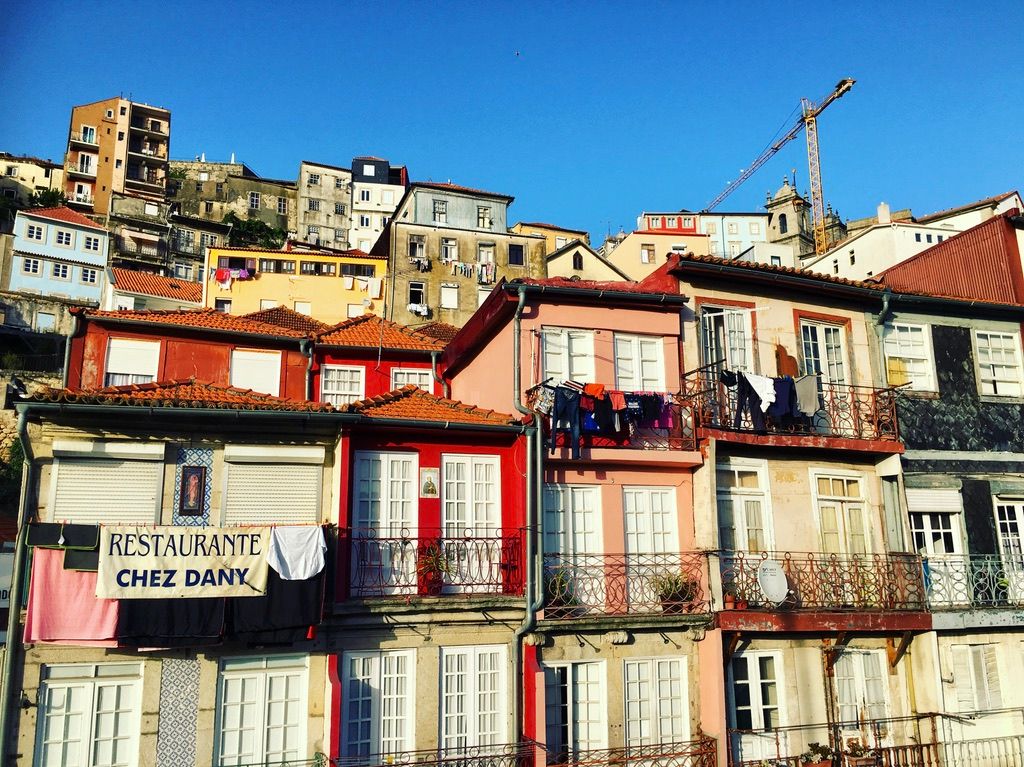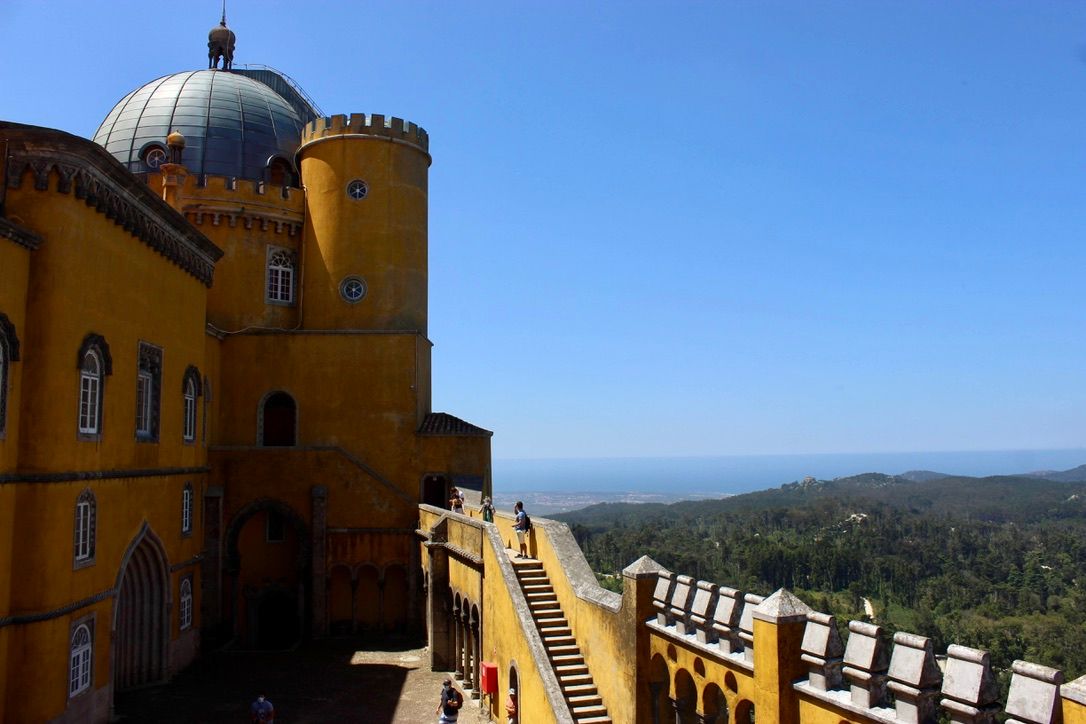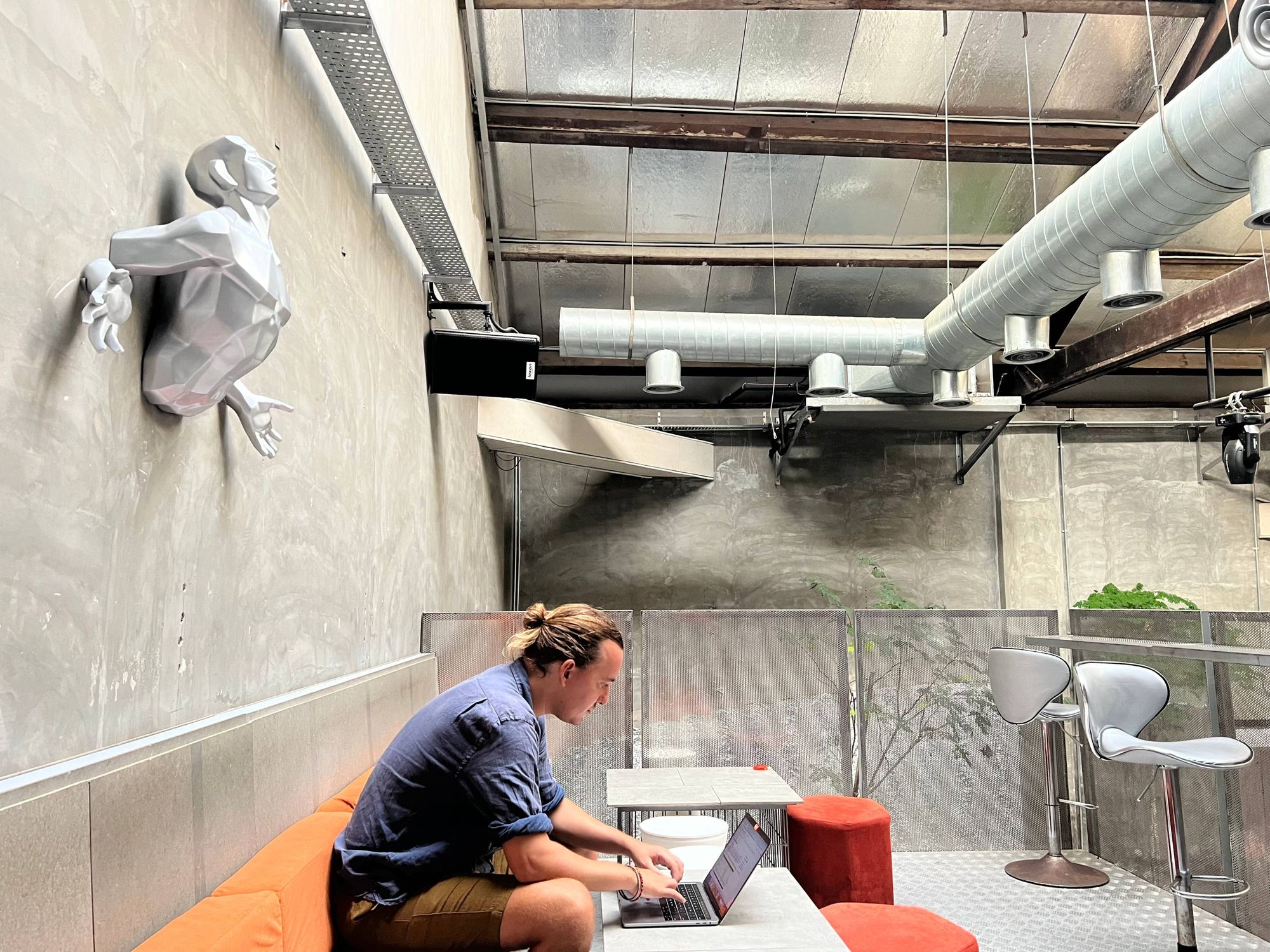🇵🇹 How to Apply for the Portugal D7 Visa

The Portuguese government developed the D7 visa, also referred to as the Retirement Visa or Passive Income Visa, in 2007 to grant non-EU citizens / EEA/ Swiss citizens temporary Portuguese citizenship.
It allows you to settle in the country and live there for a two-year period with the possibility of extending for an additional three years.
By the time you’ve finished reading this article, you will be an expert in applying for a Portugal D7 visa.
Before you depart, make sure you're covered...

Requirements for the Portugal Passive Income Visa
📄 Valid Travel Document
For at least three months after the length of the visa term.
💶 Proof of Remote Income
You must be able to prove sufficient income from either:
- Valid working contract with a foreign company
- Owning a business with clients outside the country
- Becoming an independent freelancer and earning an income through providing services to international customers.
💰 Meet the Minimum Passive Income Requirement
If entering the country as a Retiree, you must receive a passive income equivalent to the minimum wage of €825 – ($899) per month to qualify. You can show proof using bank statements.
💶 Proof Of Sufficient Funds
You must be able to present a minimum amount of €7,980 annually. If applying with a dependent spouse, you must be able to present a minimum additional amount of €3,990 ($4330) per year. In case of any dependent children, you must be able to present a minimum of €2,394 ($2602) a year per child.
🏴☠️ Clean Criminal Record
You must provide a clear criminal record from your country of residence.
⛑ Medical Insurance
A valid medical insurance policy that provides coverage during your stay.
📝 Completed Visa Application form
💍 A Marriage Certificate
Notarised and translated. Ensure always to keep both the original and translated documents with you.
🍼 A Birth Certificate
In the case of dependent children, you must present a birth certificate, notarized and translated.
5 Most Important Steps when Applying for the Portugal D7 Visa
💥 Step 1: Gather all the required documents
To get started, ensure that you have collected all the correct documents.
❗️ Required Documents
- A completed application form
- Copy of Passport
- 2 Identical Recent Passport-Sized Photographs
- Proof of Minimum Income
- Proof of Sufficient Funds
- Document of Health Insurance Protection
- Certified Criminal Background Check
✔️ Step 2: Find Accommodation, acquire a Tax ID and Open a Portuguese Bank Account
🏡 Find Adequate Accommodation
Before heading off to Portugal, you must make sure you secure Accommodation. You don’t have to purchase a home, but securing a long-term lease for at least 12 months is necessary.
🇵🇹 Acquire a Portugal Tax ID Number (NIF)
You need to apply for a Portuguese Tax ID Number (NIF), which could be done remotely by utilizing a power of attorney. With a valid Portuguese tax number, you can carry out financial activities in the nation.
🏦 Open a Portuguese Bank Account
Once you have a NIF, you can open a Portuguese bank account remotely. To qualify as an individual applicant, you must have a minimum of €7980 stored in your bank account. For married couples to be eligible, they must possess at least €11970 or more deposited into their bank account.
✅ Step 3: Submit Your Visa Application
After collecting all the required documents and filling out your visa application, take it to your closest Portuguese Embassy/Consulate so that you can submit your visa request.
You’ll have to complete the payment process to submit your visa application at the Portuguese consulate. You must be able to pay a visa fee of €83 ($90), and the residence permit will cost €72 ($78).
⏳ Step 4: Wait for Approval
Should your visa application be successful, the Portuguese Embassy will notify you of its approval via email or post.
It may take up to 3 months for your feedback to be reviewed and approved. After that, the Embassy will attach a new Temporary Residency Visa to your Passport.
Once you obtain your feedback, collect your Passport from the Embassy between Monday and Friday. Remember to bring your payment receipt and a photocopy of an official government-issued ID card to ensure a smooth process.
Ensure that the information on your new visa is accurate and up to date. Making a mistake could lead to being barred from entry at the Portuguese immigration border control, forcing you to return home.
🇵🇹 Step 5: Visit Portugal To Attend Your SEF Appointment
Your Portuguese visa will grant you access to Portugal for four months (120 days). As soon as you arrive, stop by Serviço de Estrangeiros e Fronteira (SEF) and book an appointment during your stay.
The Embassy will typically arrange a SEF appointment upon specifying your intended departure date. The freshly issued visa found in your Passport should contain a URL under “appointment” – When inserted in your browser’s search bar, this link directs you to all vital information about the scheduled meeting. If you can’t find this URL, you can make an appointment through the SEF portal online.
You can anticipate your SEF appointment to last approximately 20 minutes.
Plus, your new valid residency visa, a document approving your tax situation (NIF), and a social security document. Make sure to bring additional copies of each document if needed.
🥳 Step 6: Secure your Portuguese Residency Permit
You have successfully finished applying for your Portuguese Residence Permit. In approximately two weeks, you can anticipate receiving your Temporary Residence Permit either at the post office or directly mailed to your residence.
Portugal D7 Visa at a Glance
For those of you who like summary tables, we've put the most important information of Portugal's D7 Visa below.
Income Requirement $899 (€825) passive income per month Duration of Visa Two years (possible to extend three years) Cost of Visa $168 (€155) Processing Time 90 days Family Allowed on Visa Yes Ease of Applying 6/10 Tax Obligations None (if applicable) Global Peace Index Ranking 6/163

🌞 Why Portugal is a great place for Remote Workers
With hip cafes, restaurants, bars, coworking spaces and stunning sunsets over the Atlantic Ocean in cities like Lisbon and Porto, it is easy to see how digital nomads would find themselves enticed by what Portugal offers.
On top of all that, its sunny climate makes Portugal an attractive option for digital nomads looking for a new home base.
Additionally, digital nomads who choose Portugal will have access to the entire Schengen area, allowing travel to 26 countries and a 10-year tax exemption on income not sourced from Portugal, known as the “non-habitual resident” NHR tax status. ll these factors make digital nomads living in Portugal an incredibly unique opportunity and one worth exploring.
Time to start packing!

F.A.Q
Who is eligible for a Portugal D7 Visa?
Anyone wishing to stay in Portugal for more than 90 days can apply for a Portuguese D7 visa. This includes students, retirees and digital nomads.
Do you have to pay income tax as a Portuguese citizen on a D7 visa?
You may be eligible to receive a 10-year personal income tax exemption as a non-habitual resident (NHR). To qualify, you must stay in Portugal for at least 183 days per year and have not been a long-term resident of the country during the past five years.
How much money do you need for a D7 Visa Portugal?
The Portuguese D7 visa requires applicants to prove they have a minimum wage of €825,- per month of funds.
How long does the visa application process take?
The Portuguese D7 visa typically takes around three months to obtain. This timeframe can vary depending on the individual and their circumstances.
Can I work in Portugal with a D7 Visa?
Yes, but only for customers and or companies outside of Portugal. The Portuguese D7 visa doesn’t grant you the ability to work for a Portuguese company.
How long can you stay in Portugal with a D7 Visa?
It allows you to settle in the country and live there for a two-year period. Fortunately, it is renewable, and you can extend your stay for up to an additional three years.
What is a D7 Visa?
Portugal developed the D7 visa, also referred to as the Retirement Visa or Passive Income Visa, in 2007 to grant non-EU/EEA/Swiss citizens temporary residency.
Do you need a Portuguese bank account for a D7 visa?
A Portuguese bank account must first be opened if you desire to apply for the D7 visa. This is done to demonstrate that you have sufficient funds to sustain yourself whilst living in Portugal. Additionally, this ensures that any income received from abroad is taxed correctly.
What counts as passive income for a D7 visa?
Passive income is a form of income you do not actively work for. This can come from pensions, rental income, investments or other forms of passive income.
Can a US citizen retire to Portugal?
Yes, you can retire to Portugal as a US citizen. This can be done through the Portuguese D7 visa, which requires sufficient funds to sustain yourself while living in Portugal. Additionally, you will need to provide various other documents and evidence of your intent to live in Portugal permanently or semi-permanently.
Is Portugal a nice place for a digital nomad?
Yes, Portugal is an excellent place for digital nomads. Thanks to its sunny climate, access to the entire Schengen area, and 10-year tax exemption on foreign income, it has quickly become one of the top digital nomad destinations. Additionally, there are hip cafes, restaurants, bars and coworking spaces in cities like Lisbon and Porto.
Can I get a permanent residence permit with a D7 visa?
No, the Portuguese D7 visa does not grant permanent residence status. However, after five years of continuous residence in Portugal, you may be eligible to apply for a Permanent Residence Permit. This requires sufficient funds to support yourself (and your family) while living in Portugal.
